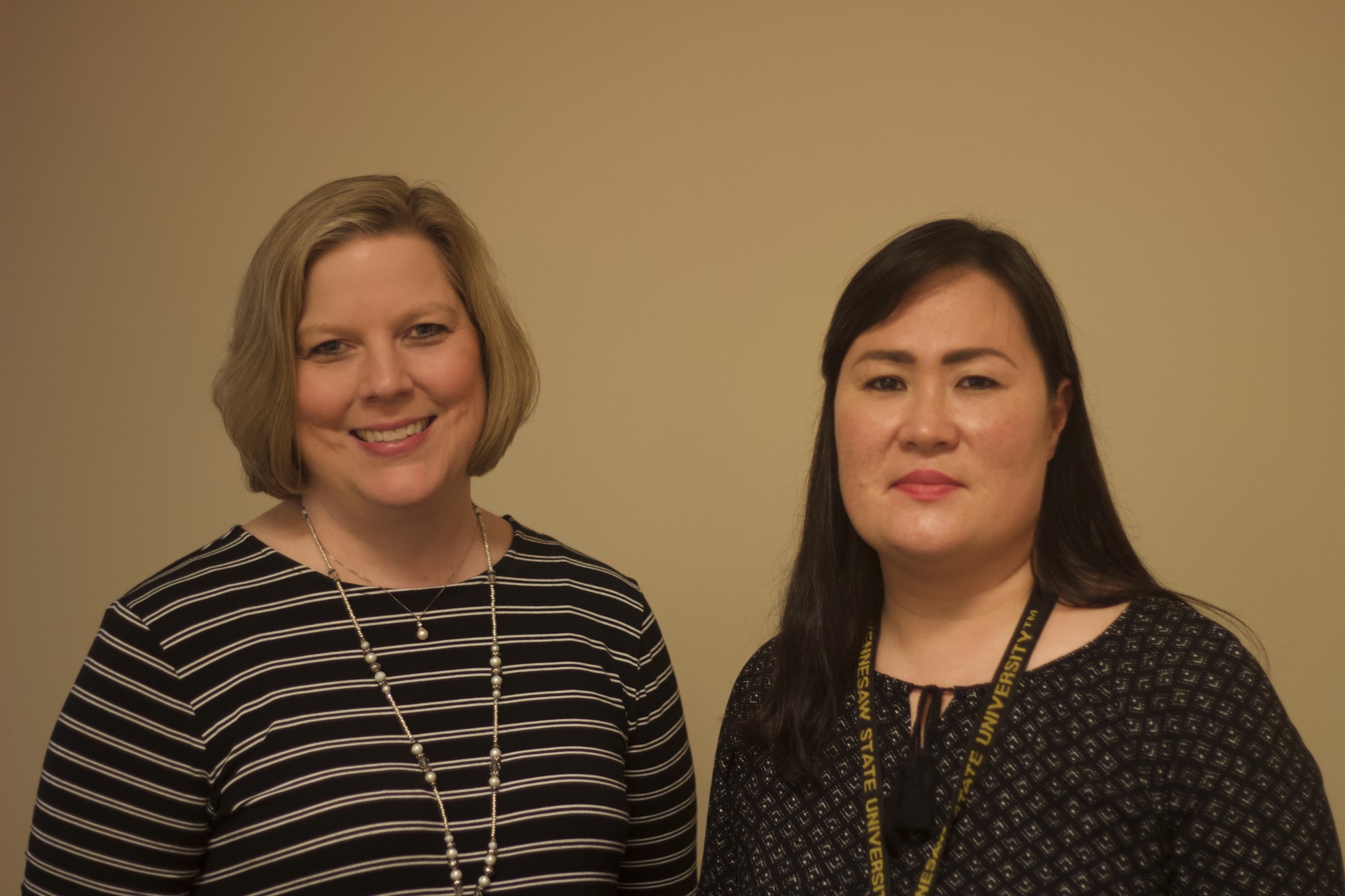Kennesaw State announced the launch of the Course Program of Study, a program that will ensure that students are registering for courses that count toward their degree program, on March 6.
CPoS is a process that was created as a result of the U.S. Department of Education’s requirement that students must be enrolled in a degree-seeking program in order to receive federal financial aid.
Though the regulation has been in place for years, Associate Director of Financial Aid Sarah Baumhoff said that the process of determining which courses qualify for federal financial aid and then notifying students in an efficient way has been difficult due to technological reasons.
“The technology has finally caught up so that there is a way to check it systematically versus one person having to look at everything manually,” Baumhoff said. “We’ve been able to work for the past year and a half on the technology piece to get everything ready so that we can launch this in the fall.”
In the case of a student registering for a course that does not count toward their degree program, students can expect to see notifications in Owl Express as well as their student email beginning on April 8.
“The goal is to make sure that the students can see which classes are problematic, so we don’t want [them] to be blind going into this,” Associate Director of Financial Aid Karen Ruehlman said. “We’ve been working with a third party vendor to get this on DegreeWorks so that the students can see it and it’ll be on the financial aid site of Owl Express as well.”
Baumhoff said that KSU Financial Aid has set forth a course of action to minimize any confusion students may have regarding whether or not a course that they have registered for will count toward their degree so that they may still receive federal financial aid.
“We also are working really heavily with the advising team on campus,” Baumhoff said. “They have asked for some reports for students and their majors that are potentially registered for classes that may not count so, they can proactively contact students too.”
CPoS will notify students of specific courses that they have registered for that will not count toward their degree program. The student will still have the option of remaining in the course, but if the student is receiving federal financial aid, the funds will not be applied to the specified course.
Baumhoff said that students may pay for the course out of pocket with non-federal funds or, in the case that they receive reimbursement for financial aid, funds may be used from a financial aid refund as well.
“It also doesn’t prohibit students from changing majors, so every time we run this process, it’s the snapshot in time,” Ruehlman said. “If you change your major and then take courses that apply to that program, that’s fine.”
Baumhoff and Ruehlman said that even though they hope that the implementation of the CPoS process will help students to not only remain focused on their path to graduation but also to minimize the amount of debt students may incur post-graduation, the expectation of initial frustration and concern from some students wishing to take free electives remains.
Baumhoff and Ruehlman recommend speaking with an advisor to determine the appropriate course of action upon registering for classes.
The CPoS process will begin on March 25.


